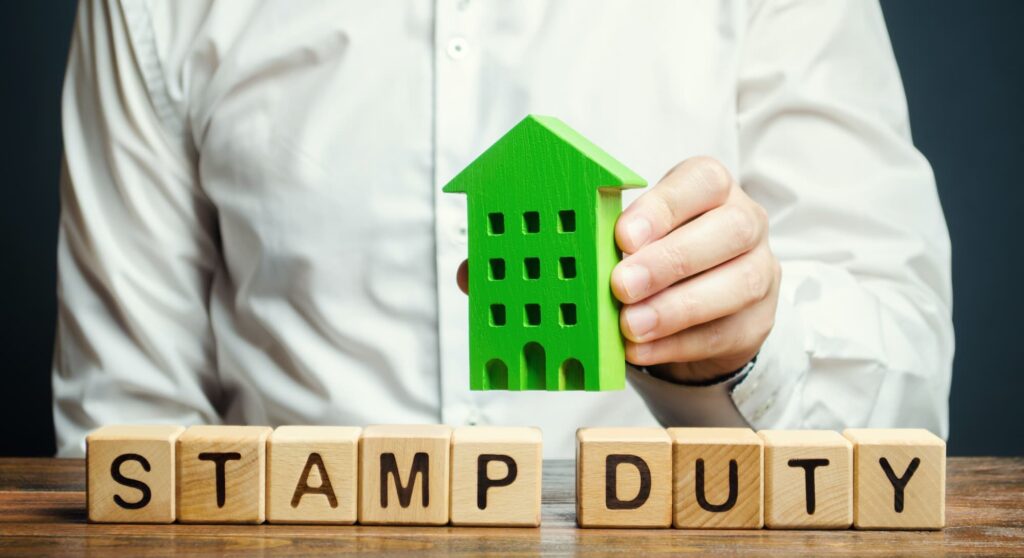
In July 2020, the government introduced a temporary stamp duty holiday in an attempt to get the property market moving again after the first Covid-19 lockdown, for buyers whose finances may of been affected by the pandemic and the hardships faced. The holiday involved temporarily increasing the thresholds at which stamp duty must be paid across the UK and the tax-free allowance for homebuyers rose from £125,000 to £500,000 in England and Northern Ireland, from £145,000 to £250,000 in Scotland, and from £180,000 to £250,000 in Wales. This stamp duty holiday has now ended from the 1st October 2021.
What is Stamp Duty?
When you buy a property or land, you usually pay tax on it. While often referred to as stamp duty, that’s only the name in England and Northern Ireland – it’s different in Scotland and Wales, where it’s known as ‘land and buildings transaction tax’ and ‘land transaction tax’ respectively. This tax applies to both freehold and leasehold properties – whether you’re buying outright or with a mortgage, and If you’re buying a second home, you’ll still pay an extra 3% Stamp Duty on properties costing more than £40,000 at the relevant rate at that time.
Stamp Duty rates now
From 1 October, home buyers have to pay stamp duty in England and Northern Ireland at the levels that were in place before the holiday was introduced. This means the thresholds are:
Up to £125,000-0%
The portion between £125,001 and £250,000-2%
£250,001 and £925,000- 5%
£925,001 and £1.5 million-10%
Above £1.5 million-12%
What effect did the Stamp Duty Holiday have on the market?
The Stamp Duty Holiday certainly generated a frenzy of activity both among buyers and sellers – almost all of whom had wanted to complete before the stamp duty holiday ended. This in turn, inevitably pushed house prices up. Recent data shows that the stamp duty holiday has not just increased the cost of a property, and therefore the amount people pay in monthly mortgage repayments, but it has also affected the deposit required to secure a property.
The end of the stamp duty holiday is likely to see a levelling off in demand and a return to more normal timescales to complete transactions.
What additional help is available now?
The government has now announced the launch of a new mortgage guarantee scheme that aims to help homebuyers get a 95% mortgage of up to £600,000 with a 5% deposit. This may mean mortgages for people with small deposits will become more widely available. Also, first-time buyers do not have to pay any stamp duty on property purchases up to £300,000.
If you would like to discuss the potential impact of the Stamp Duty Holiday ending on your property purchase or sale, please contact us here.




